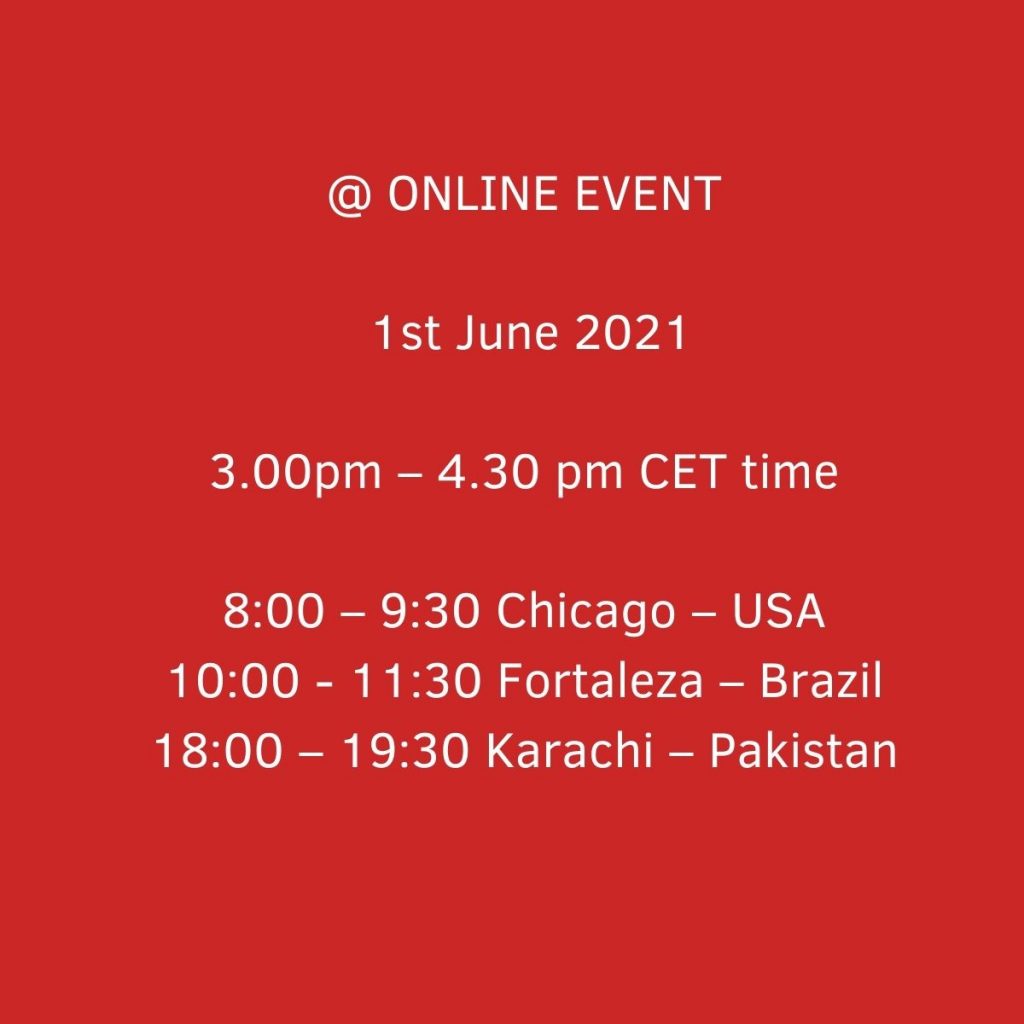THE EVENT IS OVER

Find the recordings HERE:
ENGLISH
SPANISH
PORTUGUESE
How can municipal authorities and healthcare professionals address urban violence and its consequences on the healthcare system?

THE EVENT IS OVER
Keynote speakers:
Sami Kanaan
Mayor of Geneva, President of the Geneva Cities Hub, Co-Chair of UCLG Task Force on the territorial prevention & management of crises
Gilles Carbonnier
Vice-President, International Committee of the Red Cross (ICRC)
Panelists:
Mr. Norman Kerr, Director of Violence Reduction, City of Chicago
Ms. Barbara Suplit, Pediatric Nurse Practitioner, Lurie Children’s Hospital, Chicago
Dr. Lubna Baig, APPNA Institute of Public Health, Jinnah Sindh Medical University, Karachi
Dr. Jose Sarto Nogueira, Mayor of Fortaleza
BACKGROUND
The COVID-19 pandemic has triggered an increase of attacks against doctors, nurses and other health workers worldwide, often the expression of communities’ anger and frustration over the authorities’ shortcomings in the response to the virus outbreak.
However, violence against healthcare in urban settings has been a concern long before the pandemic, which only further exposed and exacerbated numerous pre-existing socio-economic problems.
Since 2016 the ICRC has counted 3.780 attacks against ambulances, hospitals and healthcare professionals. Not all these incidents have taken place in war zones. Some have occurred in cities which are not experiencing conflict but are affected by urban violence, resulting from clashes involving law enforcement authorities and street gangs, the circulation of small arms, or a generalized volatile and violence-prone environment, which also engenders tense inter-personal relationships between members of the community and the medical staff.
The consequences of these attacks affect the whole community, jeopardizing access to healthcare services for all city dwellers. How can municipal authorities and healthcare professionals address urban violence and its consequences on the healthcare system?
City managers and representatives from the healthcare sector in Chicago (USA), Karachi (Pakistan) and Fortaleza (Brazil) will present their experiences and share their best practices to limit the consequences of violence on the healthcare services, enhancing access to healthcare for the whole urban community.
